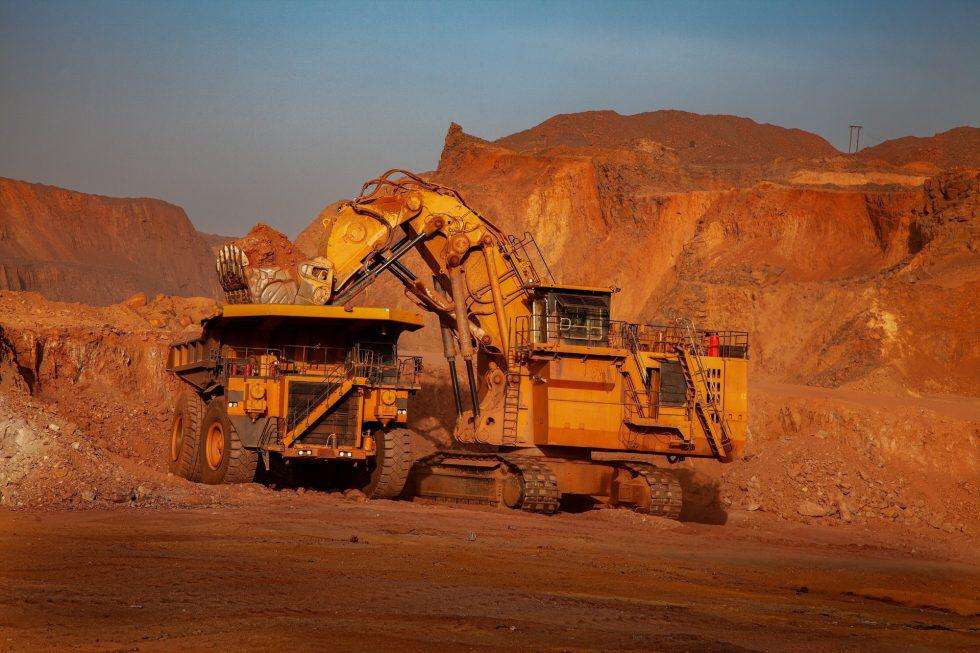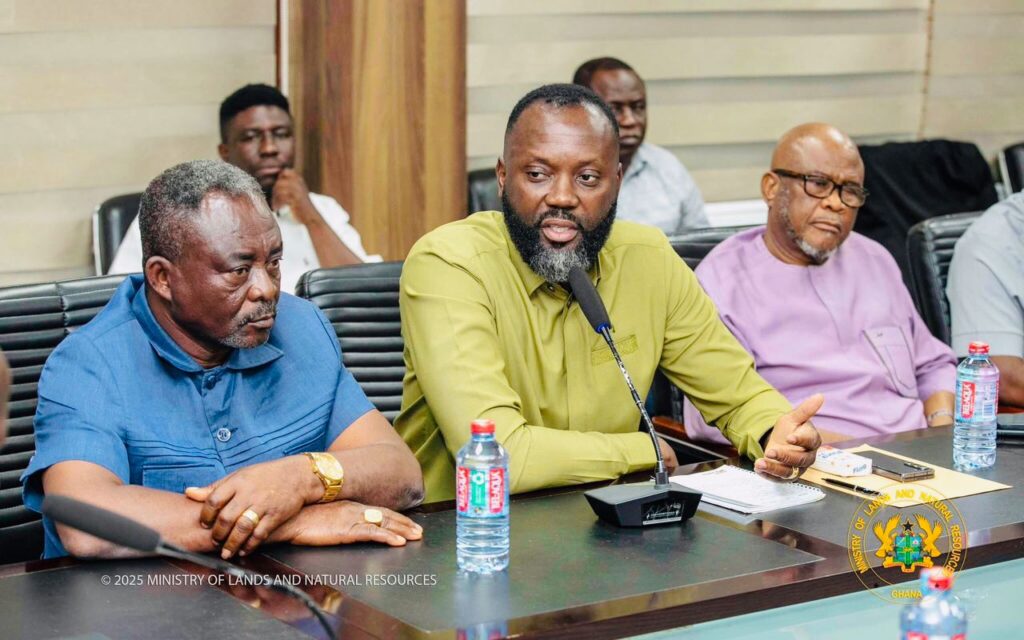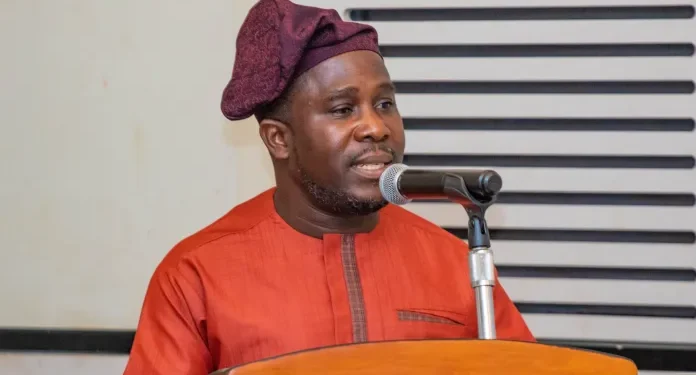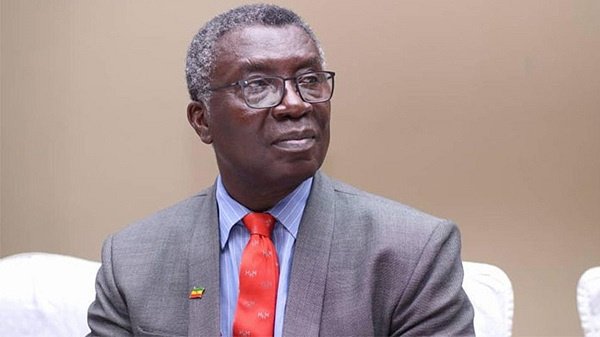The Minister for Lands and Natural Resources, Hon. Emmanuel Armah-Kofi Buah, has officially extended the deadline for the rectification of small-scale mining licences to the end of August 2025.
This move aimed at streamlining Ghana’s small-scale mining sector and promoting regulatory compliance. The Lands Minister assured stakeholders that the extension is a constructive intervention and not a punitive measure.
“This extension is not punitive but rather an opportunity for collaboration between the Ministry, the Minerals Commission, and miners to streamline the licensing system.”
Hon. Emmanuel Armah-Kofi Buah, Minister for Lands and Natural Resources
Hon. Buah underscored the government’s goal to ensure transparency and legal compliance across all small-scale mining activities while avoiding undue hardship to genuine operators in the sector.
The decision follows a formal petition from the Ghana National Association of Small-Scale Miners (GNASSM), which sought additional time to allow its members to resolve irregularities flagged during a recent licensing audit.

The audit, conducted under the oversight of the Minerals Commission, had identified 902 small-scale mining licences with various infractions, raising concerns about documentation authenticity and legal conformity.
To facilitate the rectification process, the Ministry has set up a dedicated help desk backed by a three-member committee tasked with guiding affected miners through the documentation regularization process.
According to Hon. Buah, this support mechanism will help address systemic bottlenecks and ensure that legitimate miners are not left behind in the government’s efforts to sanitize the industry.
The rectification initiative is part of broader sectoral reforms the Ministry is pursuing to bring order to Ghana’s increasingly vital but often controversial small-scale mining subsector.
Over the past few years, the government has had to grapple with rising cases of illegal mining, environmental degradation, and community tensions stemming from unregulated operations.
The audit and the subsequent license review are central to a renewed effort to ensure all actors in the mining space operate within a clearly defined legal framework.
Commitment to Cooperative Mining

Hon. Buah also took the opportunity to reaffirm the government’s commitment to implementing the Cooperative Mining Scheme.
This model, he explained, will be distinctly community-led and designed with strong safeguards to prevent political manipulation or exploitation by powerful private interests.
“The government’s vision is to introduce a cooperative mining model that is transparent, accountable, and delivers real benefits to local communities.”
Hon. Emmanuel Armah-Kofi Buah, Minister for Lands and Natural Resources
The Minister added that this approach would help ensure that Ghana’s natural resources are developed sustainably and in a manner that protects both the environment and the livelihoods of mining communities.
The announcement was met with strong approval from the leadership of GNASSM. National Secretary Mr. Godwin Armah lauded the Minister’s willingness to engage with the association and respond to their concerns through constructive dialogue.
“We welcome the Minister’s consultative approach and commend him for listening to the voice of the small-scale mining community.”
Mr. Godwin Armah, National Secretary of GNASSM
Mr. Armah further assured the Ministry of GNASSM’s full commitment to ensuring that all its members regularize their operations in line with the law.

Ghana’s small-scale mining sector plays a significant role in the national economy, contributing to employment creation and local economic development.
However, it has also been linked to major environmental challenges, including water pollution and deforestation, particularly in forest reserve areas.
The current reforms, which hinge on legal enforcement and inclusive governance, are seen as critical steps toward building a more responsible and sustainable mining ecosystem.
The success of these measures will depend heavily on strong institutional support, timely information dissemination, and fair application of the law across all stakeholders.
With this extended deadline, miners now have a window to correct discrepancies and secure their legal standing within the evolving regulatory framework.
The Ministry is expected to intensify public education and outreach efforts in the coming weeks to ensure that miners across the country are informed and adequately supported in meeting the new deadline.
READ ALSO: IMF Urges BoG to Hold Tight on Policy Rate to Cement Disinflation Gains























